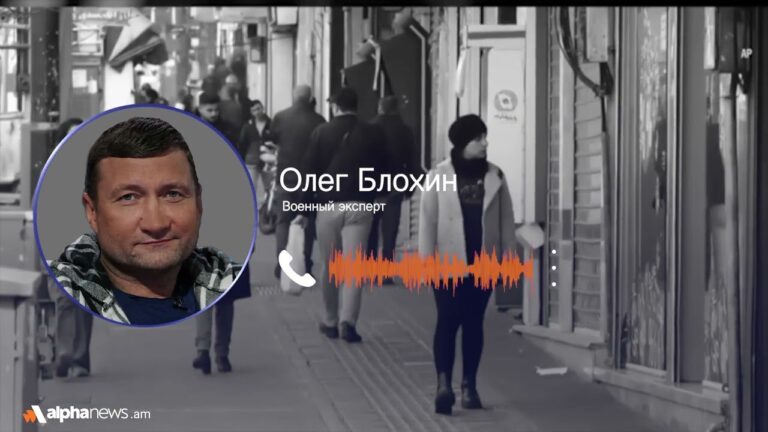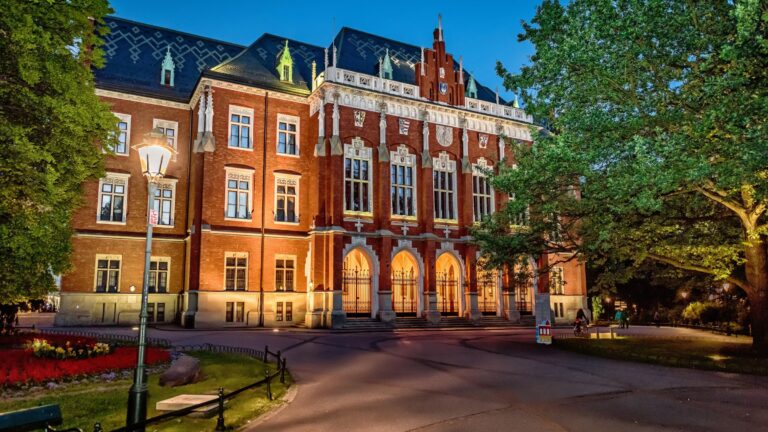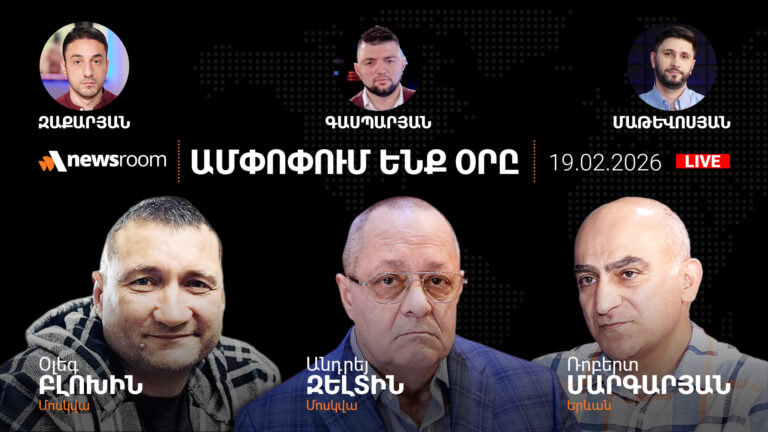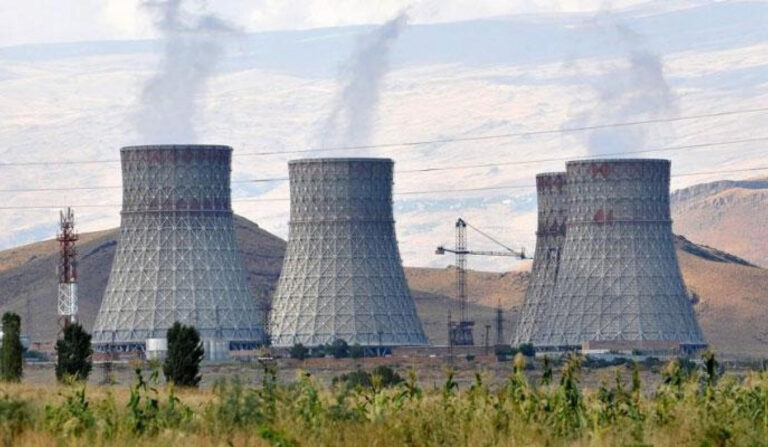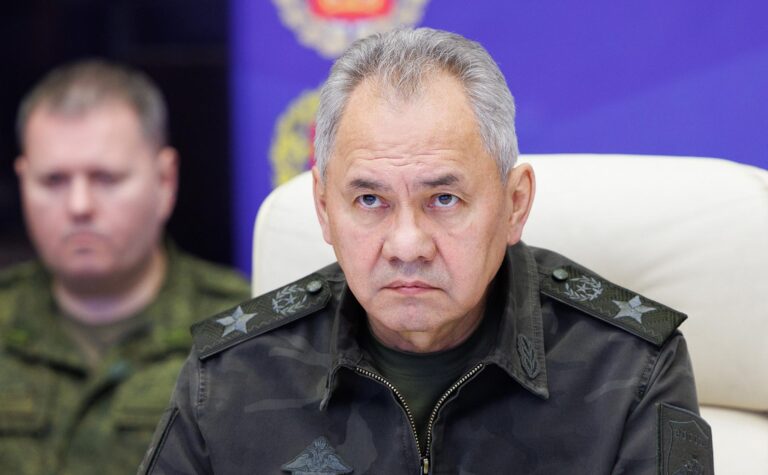“Prisoners” of the Statute
October 04 2023, 11:07
On Tuesday, October 3, the Armenian Parliament ratified the Rome Statute. 60 deputies voted in favor of the ratification of the Rome Statute of the ICC and the recognition of the jurisdiction of the International Criminal Court, while 22 voted against it.
It should be noted that the jurisdiction of the ICC is not recognized by such countries as Russia, Belarus, Egypt, India, Indonesia, Iran, Kazakhstan, China, Saudi Arabia, the USA, Turkiye and Azerbaijan.
The Rome Statute is an international treaty that defines the jurisdiction of the International Criminal Court (ICC, which is sometimes mistakenly called the Hague Tribunal) in the countries that signed it.
Since its adoption in 1998 (and entry into force in 2002), the Statute has caused heated debates about its impact on the legislation of the countries that ratified it. Opinions have often been voiced that this legal act establishes the supremacy of international law over domestic legislation in the state.
And if, until March 2023, disputes about the specifics of the Statute were limited to professional audiences and communities, then after the International Criminal Court issued an arrest warrant for Russian President Vladimir Putin, discussions acquired a geopolitical connotation. The Statute, like the entire ICC, has become an instrument of geopolitical confrontation between the West and Russia.
In the current circumstances, the ratification of the Statute by any country on the political map of the world would be perceived as an expression of Western support in the global confrontation with Russia. In the case of Armenia, the ratification of the Rome Statute by Pashinyan’s Civil Contract Party makes our country an active participant in this conflict amidst an acute confrontation between Russia and the West. Needless to say, this policy of official Yerevan fully corresponds to the interests of Armenia’s enemies -Turkiye and Azerbaijan.
At the same time, it is also obvious that Baku and Ankara understand perfectly well that they can solve all the problems they are interested in amidst the deterioration of Armenian-Russian relations, otherwise Azerbaijani propaganda media would not cover the ratification of the statute. The same thing happened before the 2020 war and before the latest Azerbaijani aggression against Artsakh – the deterioration of Armenian-Russian relations, which Turkiye and Azerbaijan took advantage of.
To understand that the Statute has become an instrument in the geopolitical confrontation between the West and Russia on the territory of Armenia, it is important to recall one detail. On June 15, Russian state media revealed information about Washington’s pressure on Stepanakert. A few days after its publication, the Armenian government announced that it would send the draft decision on ratification to the National Assembly in September this year. Thus, in the summer, official Washington, with the help of the Armenian government, responded to Moscow for interfering in American attempts to “reintegrate” Artsakh into Azerbaijan.
Moscow’s reaction to the ratification of the Statute was not long in coming. Press secretary of the Russian President Dmitry Peskov, State Duma deputy Konstantin Zatulin and vice-speakers of the Federation Council Konstantin Kosachev and Yuri Vorobyov have already commented on the situation. It will be obviously followed by the statement of the Russian Foreign Ministry, as well as a more objective response from Moscow to Pashinyan’s unfriendly step.
It should be noted that the last months of the Armenian-Russian “diplomatic skirmish” have shown that the Russian authorities clearly separate the government of Armenia from the Armenian people. Russian Foreign Minister Sergey Lavrov even managed to call Pashinyan’s government a “temporary administration.” In this sense, it would be more logical if the Russian authorities responded for this unfriendly step to Pashinyan and his government rather than to the people of Armenia, as happened the other day in Artsakh.
Otherwise, we will all become hostages of the geopolitical confrontation between the West and Russia. We will become “prisoners” of the Statute with all that this entails.

